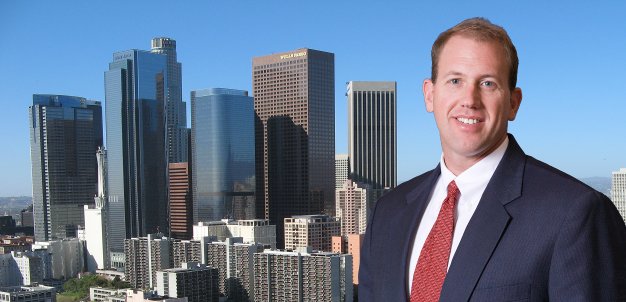PRACTICE AREAS OVERVIEW
- Assault
- Assault With A Deadly Weapon
- Assault With A Firearm
- Attempted Murder
- Bail Bonds
- Blogs
- Burglary
- Carjacking
- Child Abduction
- Child Abuse
- Child Molestation
- Criminal Threats
- Domestic Violence
- DUI
- False Imprisonment
- Gross Vehicular Manslaughter
- Indecent Exposure
- Involuntary Manslaughter
- Kidnapping
- Law In The News
- Mayhem
- Murder
- Negligent Discharge Of A Firearm
- Petty Theft
- Possession of Child Pornography
- Prostitution
- Rape
- Resisting Arrest
- Robbery
- Sexual Battery
- Sodomy
- Spousal Battery
- Statutory Rape
- Vehicular Manslaughter
- Voluntary Manslaughter
SPECIALIZED CITIES
- Beverly Hills Criminal Defense Lawyer
- Burbank Criminal Defense Lawyer
- Culver City Criminal Defense Lawyer
- Encino Criminal Defense Lawyer
- Marina Del Rey Criminal Defense Lawyer
- North Hollywood Criminal Defense Lawyer
- Pasadena Criminal Defense Lawyer
- Santa Monica Criminal Defense Lawyer
- Sherman Oaks Criminal Defense Lawyer
- Studio City Criminal Defense Lawyer
- Tarzana Criminal Defense Lawyer
- Torrance Criminal Defense Lawyer
- Valencia Criminal Defense Lawyer
- Van Nuys Criminal Defense Lawyer
- Venice Criminal Defense Lawyer
- West Covina Criminal Defense Lawyer
- Woodland Hills Criminal Defense Lawyer
Fifth Amendment
The Fifth Amendment to the U.S. Constitution gives defendants the right to refuse to answer any questions or make any statements. This right is known as the Fifth Amendment privilege against self-incrimination, commonly referred as “pleading the Fifth”.
A criminal defendant cannot be forced to testify at trial. At trial, the Fifth Amendment gives a criminal defendant the right not to testify. Furthermore, when a defendant exercises his right not to testify, the jury is not permitted to take that refusal into consideration when deciding whether the defendant is guilty of the charges.
If a defendant does choose to take the witness stand and testify in his own defense, he cannot choose to answer some questions and not others. Taking the stand to testify waives the Fifth Amendment privilege.
It is important to note that, once a defendant does take the stand and testify at trial, he or she cannot ordinarily choose to answer some questions but not others. Rather, the defendant’s Fifth Amendment privilege is deemed waived through the act of testifying.
The Fifth Amendment right against self-incrimination does guarantee that a defendant in a criminal case cannot be forced to testify and be a witness against himself. But it does not apply when a defendant is fingerprinted, or forced to provide a DNA sample in connection with a criminal case. A defendant may not refuse to submit to these procedures by asserting the Fifth Amendment privilege.
At a criminal trial, it is not only the defendant who may invoke the Fifth Amendment privilege. Witnesses who are asked to testify can refuse to answer certain questions by invoking their Fifth Amendment rights, if to answer would subject them in any type of criminal activity. Unlike defendants in a criminal case, who have the right not to take the witness stand at all, a witness may be compelled to testify but may exercise his Fifth Amendment right by refusing to answer certain questions.
Related Case:
GRIFFIN v. CALIFORNIA, 380 U.S. 609 (1965) 380 U.S. 609
Comment to the jury by a prosecutor in a state criminal trial upon a defendant’s failure to testify as to matters which he can reasonably be expected to deny or explain because of facts within his knowledge or by the court that the defendant’s silence under those circumstances evidences guilt violates the Self-Incrimination Clause of the Fifth Amendment of the Federal Constitution as made applicable to the States by the Fourteenth, Malloy v. Hogan, 378 U.S. 1 . Pp. 610-615.
If you have any questions regarding your rights to use the Fifth Amendment, contact experienced Los Angeles Criminal Defense Lawyer Max Gorby at (310) 200-9651.
